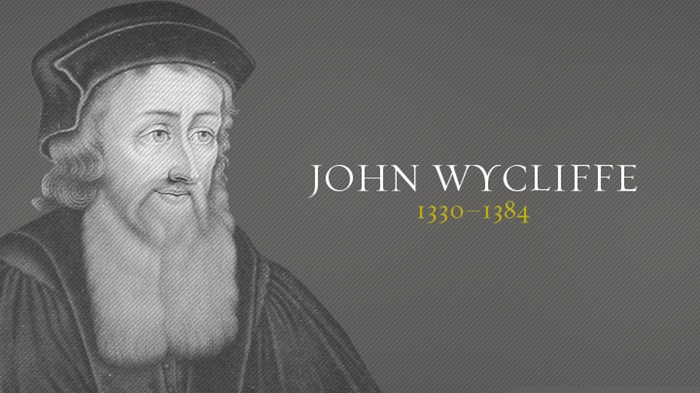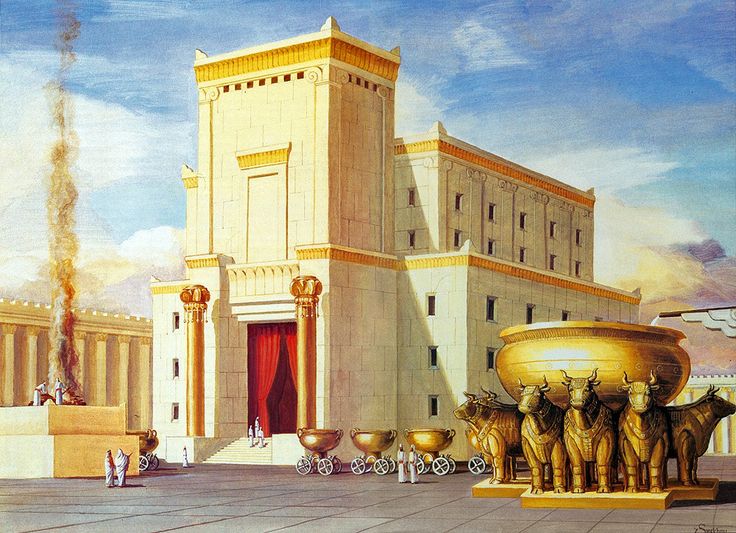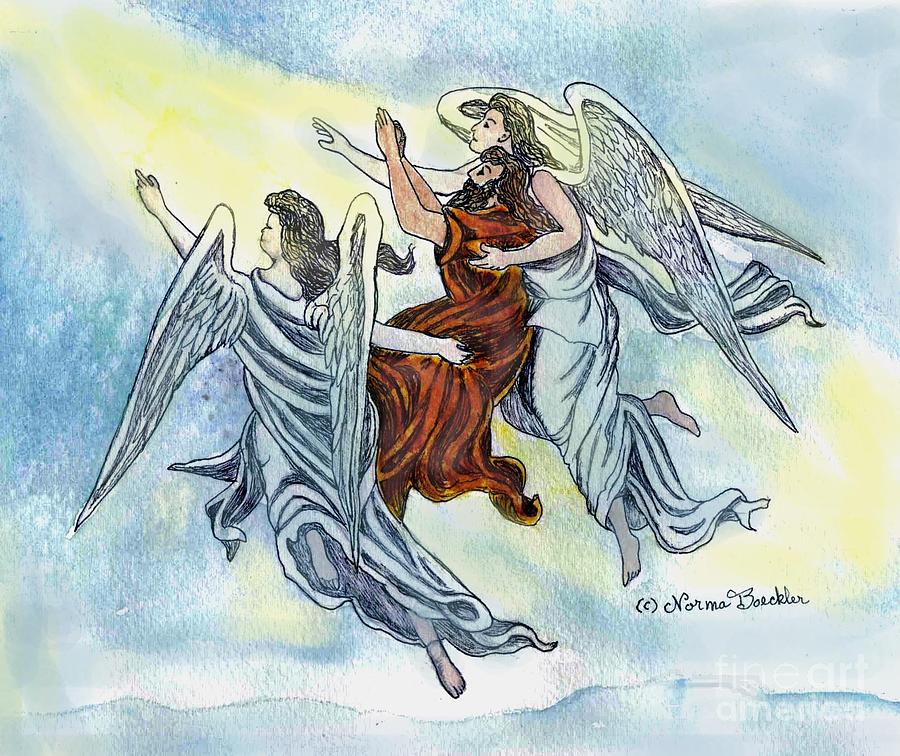
John Wycliffe’s life
marked the beginning of an era. It was through the efforts of this dedicated
Christian scholar, preacher and Bible translator that the Reformation got its
start. That’s why he’s often called, “The Morningstar of the Reformation.”
Wycliffe’s life’s work was
translating both the Old and New Testaments into the English language—a project
so unpopular it led to his martyrdom at the hands of the Catholic Church. Until
Wycliffe’s heroic work, the Scriptures were chained to ornate pulpits and written
in Latin (a language than only the clergy could read). While threats were being
hurled against him for his defiance, Wycliffe persevered. However, the stalwart
saint was killed in 1384 before the translation was complete. Fortunately, his
friend John Purvey finished what Wycliffe began. Purvey is considered
responsible for the version of the “Wycliffe” Bible we have today.
John Wycliffe left quite
an impression on the Church: 43 years after his death, officials dug up his
body, burned his remains, and threw the ashes into the River Swift. Still, they
couldn’t get rid of him. Wycliffe's teachings, though suppressed, continued to
spread. As a later chronicler observed, “Thus the brook hath conveyed his ashes
into Avon; Avon into Severn; Severn into the narrow seas; and they into the
main ocean. And thus the ashes of Wycliffe are the emblem of his doctrine which
now is dispersed the world over.”[1]

The influence of Wycliffe
doesn’t end there. Sometime after his death, one of his Bibles was discovered
and on the flyleaf were scribbled these words in his handwriting: “This Bible
is translated and shall make possible a government of the people, by the people
and for the people.”[2]
Little did Wycliffe realize
that almost 500 years later his words would be lifted from his Bible and immortalized
by President Abraham Lincoln in his famous “Gettysburg Address.”
Wycliffe and so many other
giants of the faith made an impact because they understood the importance of living
a legacy. You don’t need a platform like John Wycliffe to make your mark on
this world. Everyone one of us is living the legacy that we will leave behind. The
legacy that you leave tomorrow is determined in by the life you live today.
In 1 Chronicles 22 we find
that as King David neared the end of his life, there was still one dream that
remained unfulfilled. Most of all, David wanted to build a house for God
befitting of His glory. Of course, David knew that God would not permit him to
do this. Rather than giving up, David determined that if he couldn’t build a
temple for God then He would do everything in his power to help someone else do
it. David spent his last years collecting the supplies to build the Temple, so
that when his son, Solomon, took the reins of power he could begin building immediately.
“11 Now, my son, the Lord be with you, so that you may
succeed in building the house of the Lord your God, as he has spoken concerning
you. 12 Only, may the Lord grant you discretion and understanding, that when he
gives you charge over Israel you may keep the law of the Lord your God. 13 Then
you will prosper if you are careful to observe the statutes and the rules that
the Lord commanded Moses for Israel. Be strong and courageous. Fear not; do not
be dismayed. 14 With great pains I have provided for the house of the Lord
100,000 talents of gold, a million talents of silver, and bronze and iron
beyond weighing, for there is so much of it; timber and stone, too, I have
provided. To these you must add. 15 You have an abundance of workmen: stonecutters,
masons, carpenters, and all kinds of craftsmen without number, skilled in
working 16 gold, silver, bronze, and iron. Arise and work! The Lord be with
you!” (1 Chron. 22:11-16)

Notice the hopeful tone in
David’s charge to Solomon. It wasn’t God’s will for David to build the Temple.
Instead of becoming bitter and disillusioned, David looked ahead and saw that
God wanted to do more through his son. David didn’t sulk and pout over what God
wouldn’t let Him do, but he took the opportunity to be a blessing and lay the
groundwork for the future work that God would do.
Every believer should
dream beyond the span of his/her life. What is it that you’d like to see done
for the glory of God? Like Wycliffe or
David, you may not live to see it, but you can determine to help the next
generation achieve what you could not. How do we do this? We give
sacrificially. We pour our lives into
younger people through discipleship. We communicate the vision God has given us
to others and include them in it. -DM


